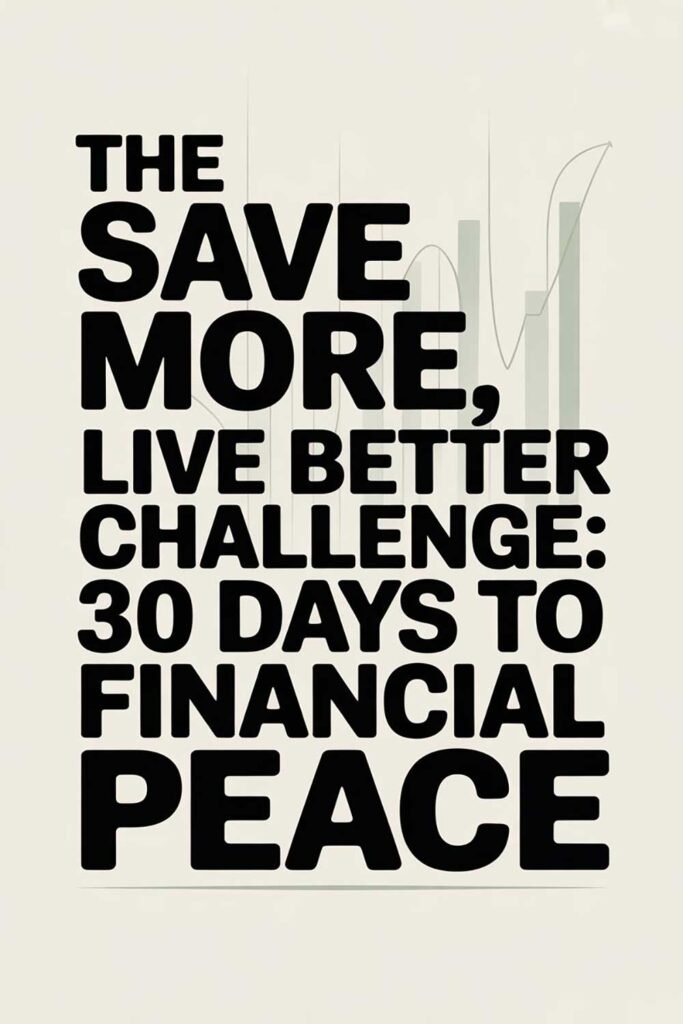Strategies for Making Tough Decisions Confidently
The Importance of Confident Decision-Making
Life is full of difficult decisions—whether in personal or professional settings, making tough choices with confidence is essential for growth and success. Confident decision-making reduces stress, increases efficiency, and leads to better outcomes. The key is to develop a structured approach that allows you to assess situations logically and trust your instincts.

Key Strategies for Making Tough Decisions
1. Clarify Your Goal and Priorities
Before making a decision, identify what truly matters to you. Understanding your core values and long-term objectives can help guide your choices.
How to apply this:
- Define your desired outcome.
- Rank your priorities to determine what matters most.
- Align decisions with your personal or organizational values.
2. Gather All Relevant Information
Making informed decisions requires having all necessary facts and perspectives.
How to apply this:
- Research available options thoroughly.
- Seek data, expert opinions, and relevant case studies.
- Weigh both risks and benefits before proceeding.
3. Consider Pros and Cons Objectively
Breaking down options into pros and cons can help you evaluate them more effectively.
How to apply this:
- Create a decision matrix listing potential outcomes.
- Use logic rather than emotions when assessing options.
- Identify any biases that may cloud your judgment.
4. Trust Your Intuition
While logic is important, your instincts also play a crucial role in decision-making.
How to apply this:
- Reflect on past experiences and lessons learned.
- Pay attention to your gut feeling about each option.
- Recognize the difference between intuition and fear-based hesitation.
5. Seek Advice and Different Perspectives
Consulting others can provide valuable insights and help you make a more informed choice.
How to apply this:
- Ask for input from mentors, colleagues, or trusted advisors.
- Gather perspectives from those who have faced similar decisions.
- Be open to constructive feedback and alternative viewpoints.
6. Set a Time Limit for Your Decision
Overanalyzing can lead to decision paralysis. Setting a deadline ensures progress.
How to apply this:
- Determine a reasonable timeframe for making your choice.
- Avoid unnecessary delays caused by excessive second-guessing.
- Commit to your decision once it is made.
7. Visualize Possible Outcomes
Imagining different scenarios can help you anticipate challenges and opportunities.
How to apply this:
- Picture how each choice will affect your future.
- Consider the best and worst possible results.
- Prepare contingency plans for potential risks.
8. Embrace the Possibility of Failure
No decision is risk-free. Accepting that mistakes may happen allows you to move forward without fear.
How to apply this:
- View failures as learning opportunities.
- Focus on progress rather than perfection.
- Adapt and adjust if things don’t go as planned.
9. Stay Committed to Your Decision
Once you’ve made a choice, focus on execution rather than dwelling on what-ifs.
How to apply this:
- Avoid excessive second-guessing.
- Take decisive action to implement your decision.
- Maintain confidence in your ability to navigate challenges.
10. Review and Learn from Past Decisions
Regular reflection helps you refine your decision-making skills over time.
How to apply this:
- Analyze the outcomes of previous choices.
- Identify what worked well and what could be improved.
- Apply lessons learned to future decisions.
Overcoming Common Decision-Making Challenges
Dealing with Fear of Making the Wrong Choice
Fear of failure can prevent you from making necessary decisions.
How to overcome it:
- Focus on making the best choice with the information available.
- Accept that no decision is perfect.
- Remind yourself that inaction is often worse than making a mistake.
Handling External Pressure and Expectations
Sometimes, external influences can complicate decision-making.
How to overcome it:
- Stay true to your values and long-term goals.
- Politely but firmly set boundaries when facing undue pressure.
- Seek input but make the final choice based on what is best for you.
Avoiding Decision Fatigue
Making multiple tough choices can be exhausting, leading to mental overload.
How to prevent it:
- Simplify small decisions to conserve mental energy.
- Take breaks and ensure self-care to stay mentally sharp.
- Prioritize tasks and delegate when possible.
The Lasting Benefits of Confident Decision-Making
Developing strong decision-making skills enhances both personal and professional success. When you approach tough choices with clarity, confidence, and resilience, you set yourself up for long-term growth and fulfillment.
Inspirational Quotes on Decision-Making
- “In any moment of decision, the best thing you can do is the right thing, the next best thing is the wrong thing, and the worst thing you can do is nothing.” – Theodore Roosevelt
- “You cannot make progress without making decisions.” – Jim Rohn
- “It’s not hard to make decisions when you know what your values are.” – Roy Disney
- “The risk of a wrong decision is preferable to the terror of indecision.” – Maimonides
- “Trust yourself. You know more than you think you do.” – Benjamin Spock
- “Sometimes you make the right decision, sometimes you make the decision right.” – Phil McGraw
- “Don’t let the fear of losing be greater than the excitement of winning.” – Robert Kiyosaki
- “A good decision is based on knowledge and not on numbers.” – Plato
- “Once you make a decision, the universe conspires to make it happen.” – Ralph Waldo Emerson
- “Your life changes the moment you make a new, congruent, and committed decision.” – Tony Robbins
Picture This
Imagine facing a difficult choice with complete confidence. Instead of second-guessing yourself, you assess the situation logically, weigh your options, and make a decision with clarity. You trust in your ability to navigate the consequences and adapt if needed. The fear of making mistakes no longer holds you back—instead, you embrace each choice as an opportunity to learn and grow. How would your life change if you mastered the art of making tough decisions confidently?
Please Share This Article
If you found this article valuable, please share it with others who want to improve their decision-making skills and build confidence in their choices.






